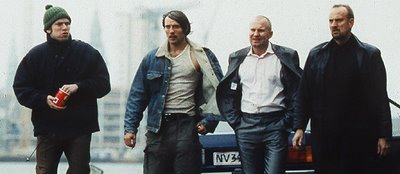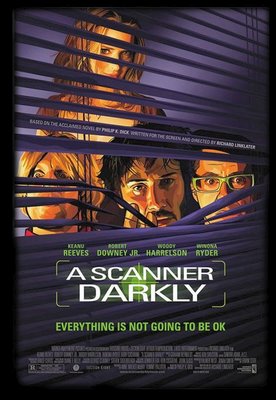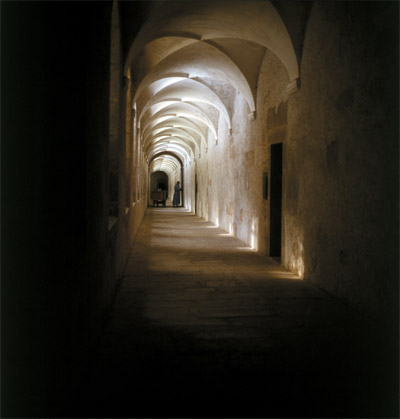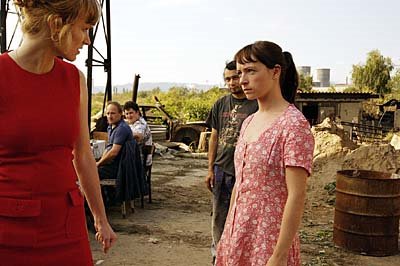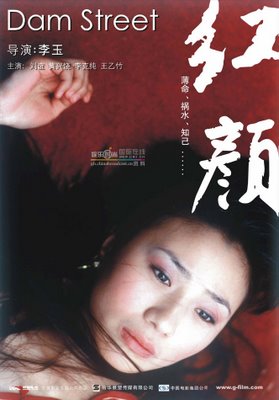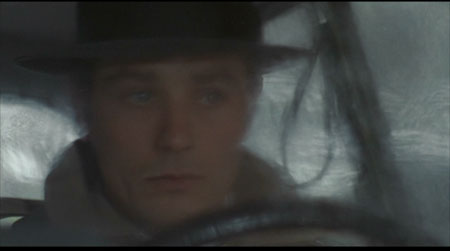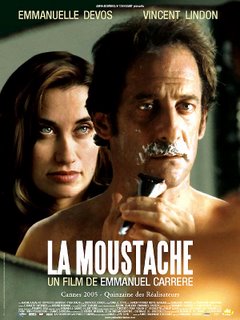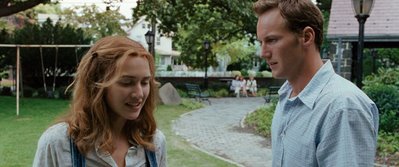 Little Children, Todd Field 2006.
Little Children, Todd Field 2006. Every once and awhile I will see a film that really crawls under my skin. It makes me fidget in my chair, uncomfortable, uneasy, and disturbed. Todd Field's Little Children is one of those films. It could be that this is a a purely personal reaction, striking at things that are close to me and not close to others, but I think in many ways this film dwells on subject matter that, in its own unusual way, is universal. Don't get me wrong, this film isn't gruesome or brutal, its simply poetically nasty in soft subversive strokes.
For those of you who have or will see the Little Children and also happen to read this review, you will probably proclaim me an idiot for suggesting there is anything 'soft' or 'subtle' about this film and then proceed to give me a good whack to the head. I wouldn't blame you. It's just the way I feel/interpret this film. It is after all, mentioned in different variations throughout the film that (paraphrasing) it isn't about this, its about something else. This is how I interpret the film. This isn't about infidelity or failed, miserable marriages its about something else, but I am getting ahead of myself.
The film has two central characters, Sarah (Kate Winslett) and Brad (Patrick Wilson), although in the end Sarah is the main character. There are other important characters in the film, notably Jackie Earle Haley's disturbing yet touching role as Ronnie, but ultimately these characters and stories revovle around the hub that is Sarah and her impending affair with Brad (I don't think I'm giving anything away here).
Each of these characters are stuck in marriages that are stale, routine, and lifeless. In Sarah's case, her husband is either working or feeding his internet porn addiction. In Brad's case his wife, Kathy (Jennifer Connelly), has more of an emotional connection with the kids she is filming for her latest documentary than she has with him.
Brad is completely immasculated within his relationship with Kathy. The stereotypical gender roles have been reversed with Kathy going to work every day while Brad stays home and takes care of their son. He's also a good cook, going so far as to even cook the meal when dinner guests come over. His wife forces him to cancel his subscriptions to any sports magazines, and to really make matters worse, Brad is completely invisible to Kathy when she is home, unless of course she is concerned about his progress with the bar exam. The women at the playground call Brad prom king, but in this relationship, his son, who wears a crown, is the prom king. And wait, just to really pile things on, Kathy's mother is rich and she sends money to help the family out (documentary filmmaking evidently isn't very lucrative). It is little wonder that Brad is willing to embark on a new frienship with Sarah. In an interesting parallel it is important to remember there is one other character who is immasculated in the film, Ronnie.
Ronnie's storyline really unveils the idea that this film has little to do with the actual act of infidelity. Instead it has everything to do with fate, choices, our past, and most importantly our future. The woman at the book club calmy state that Madame Bovary is trapped, fated to the end she reaches, and Sarah calmly says there is something to be said for fighting against that fate, drawing obvious attention to the comparison between Sarah's character and Madame Bovary, but more importantly vocalizing the issues that have been present throughout the film.
Brad is trying to recapture his past to reinvent his future. Ronnie is trying to escape his past to reinvent his future. Are they doomed by fate or is there the possibility of choices? The idea of impending fate has been marked in the film by the constant presence of clocks, their clicking giving audible note to the time weighing down on the characters. There is also the ethereal, and sometimes physical, prominence of trains in the film, the train horn appropriating the emotional weight of "For whom the bell tolls". Ultimately, there is no definitive answer given, but there are suggestions for your to explore either way.
Little Children will not win any awards for 'feel good movie of the year', but it definitely is the most intriguing and thought provoking film I have seen thus far. It should be noted that there is extensive use of voice-over near the beginning of the film, but I found it stopped just as I was beginning to get annoyed with it. Don't shy from this movie under the belief it is simply about adultery, it is, if anything, about everything else but adultery. A deeply layered film, I am discovering more and more things even as I write this, I highly recommend it.
(as a side-note, I apologize if the second half of this post is a little jumpy, blogger was kind enough to erase 3/4 of my original review for this film right before I posted it so I had to start over).



